Latest News
Top Story
 Government debt cripples Masvingo City
Government debt cripples Masvingo City Masvingo City Council is facing mounting challenges in delivering basic services due to the government's failure to set...
Top Story
 Jabulani Khumalo banks on captured ConCourt to unseat Zuma
Jabulani Khumalo banks on captured ConCourt to unseat Zuma Former uMkhonto weSizwe (MK) Party leader Jabulani Khumalo has launched an urgent Constitutional Court application seeki...
Top Story
 China sanctions two EU banks
China sanctions two EU banks China sanctioned a pair of banks in the EU, fulfilling a promise to retaliate after the bloc targeted some Chinese lende...
Top Story
 ZSE pushes for another equities tax cut to boost selloffs
ZSE pushes for another equities tax cut to boost selloffs The Zimbabwe Stock Exchange Holdings (ZSEH) is lobbying the government for a further reduction in the capital gains with...
Top Story
 2030: Zimbabwe will be using domestic currency
2030: Zimbabwe will be using domestic currency THE Reserve Bank of Zimbabwe (RBZ) has announced plans for a structured transition from the current multicurrency system...
Top Story
 Premier Minerals' Zulu Mine project impressive
Premier Minerals' Zulu Mine project impressive AIM-listed Premier African Minerals says it is encouraged by progress at its Zulu Lithium Mine in western Zimbabwe, wit...
Top Story
 Young Investment Professional (YIP) Graduate Programme 2019
Young Investment Professional (YIP) Graduate Programme 2019 Company Name Investec Asset Management Company Location Cape Town, Western Cape, South Africa Click HEREJob descriptionO...
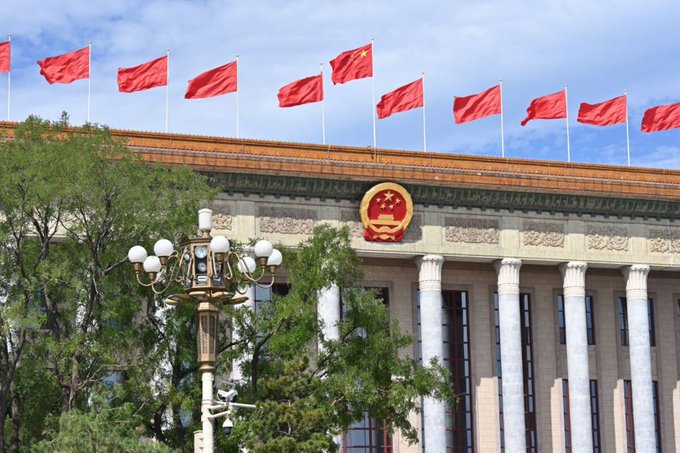
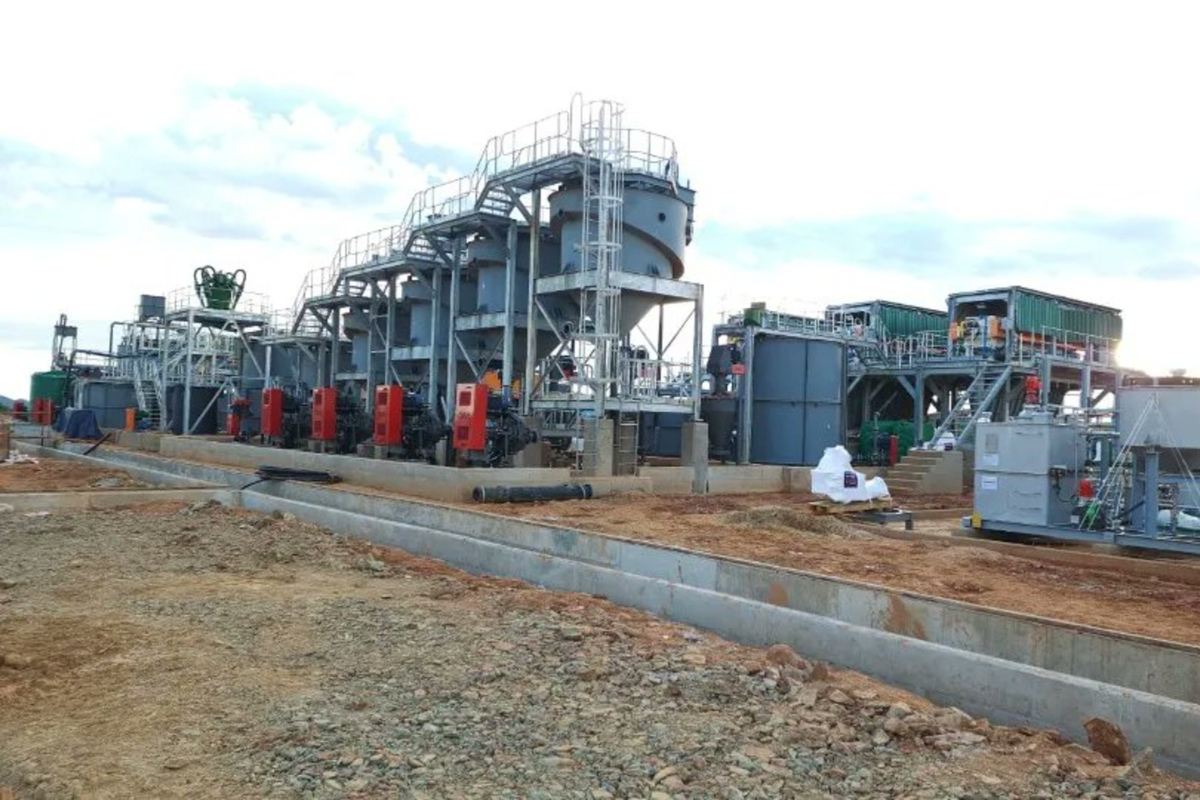
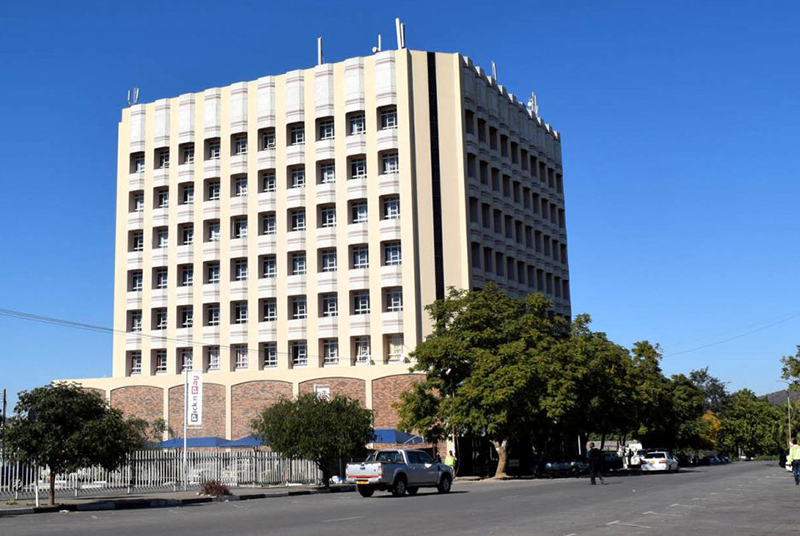
.jpeg)

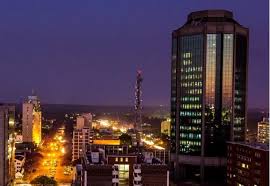

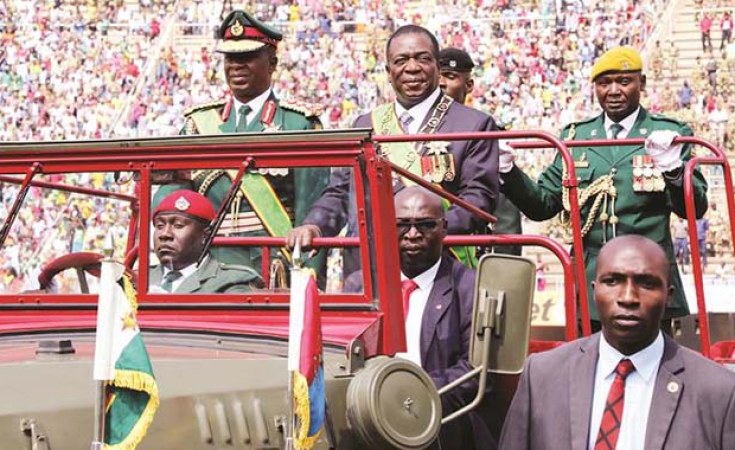
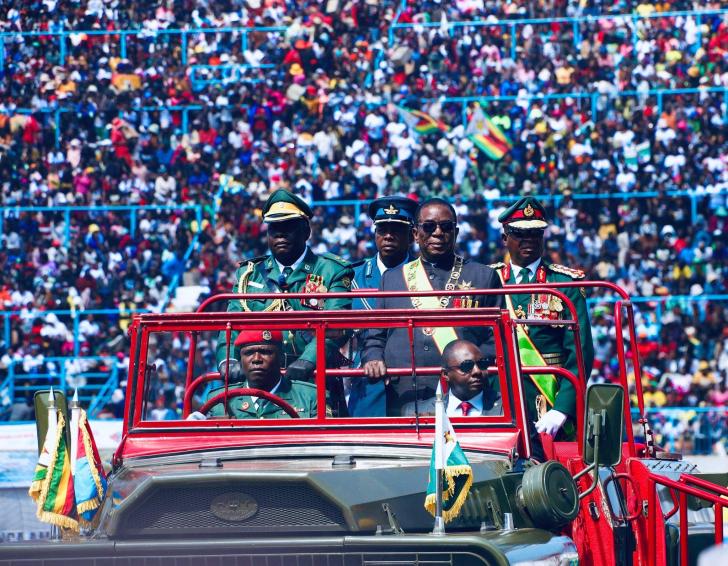
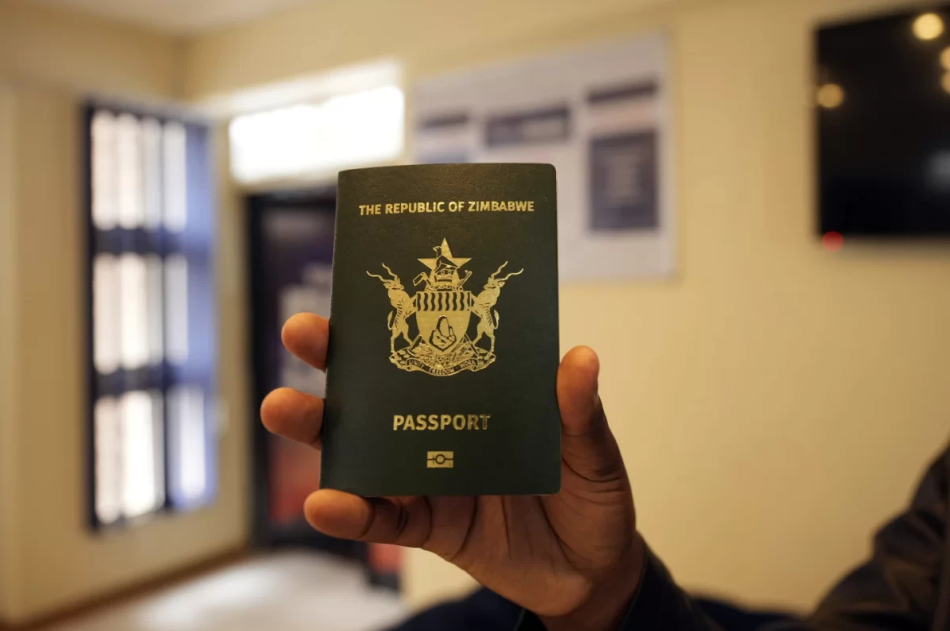

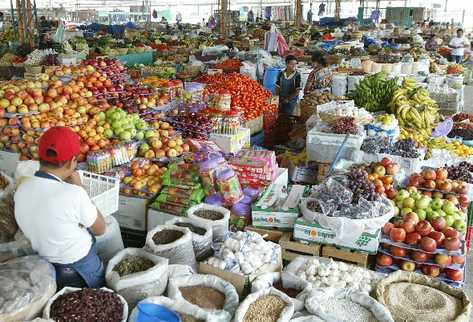
 Young Investment Professional (YIP) Graduate Programme 2019
Young Investment Professional (YIP) Graduate Programme 2019
Editor's Pick